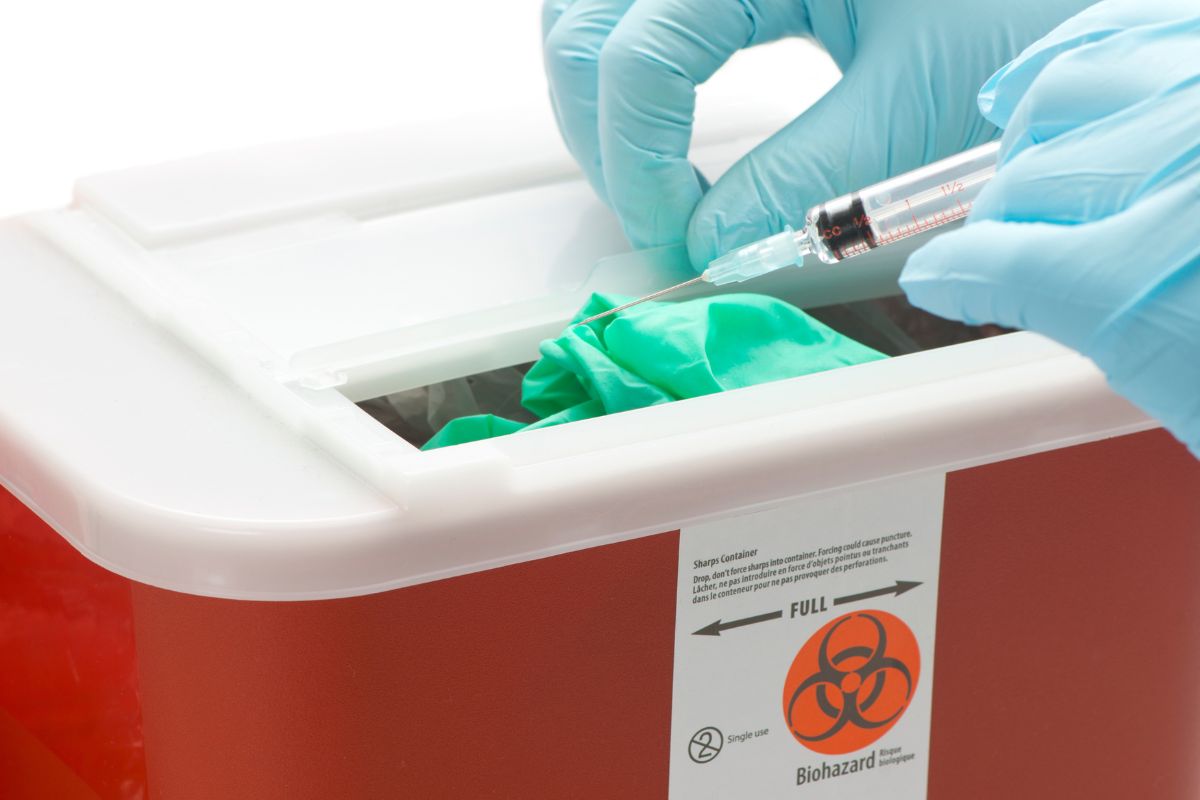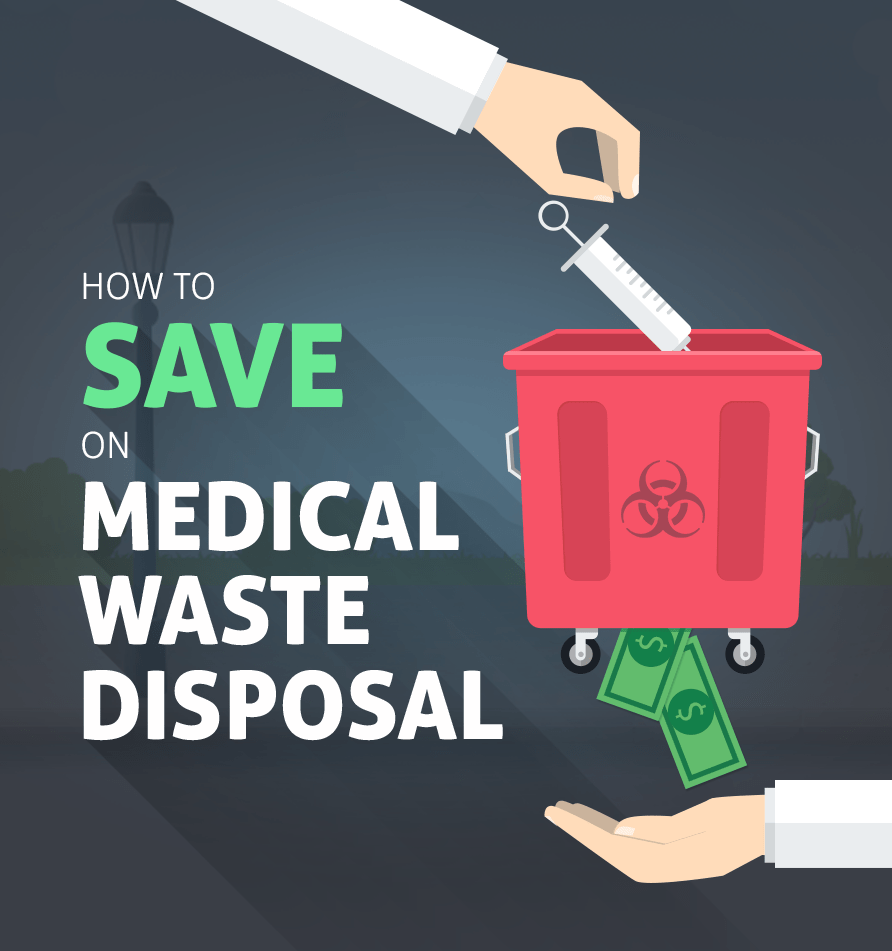Expert Medical Waste Disposal Services: Making Sure Conformity and Safety And Security
Navigating Medical Waste Disposal: Vital Solutions for Healthcare Facilities
In the complex landscape of medical care operations, the administration of medical waste is a vital element that requires meticulous interest. Health care centers, whether big health centers or little facilities, are entrusted with the obligation of handling, treating, and getting rid of a large range of medical waste streams. The complexities involved in browsing through the governing requirements, ensuring appropriate waste segregation, and carrying out risk-free collection and transportation processes are paramount. Comprehending the necessary services that support clinical garbage disposal is not just a matter of compliance but also a fundamental part in securing public health and ecological wellness. The details of this process are crucial for health care facilities, and the experience used in this realm plays a critical role in keeping the stability of health care systems.
Regulatory Conformity Support
For health care centers, guaranteeing regulatory compliance support is important to preserve correct handling and disposal of medical waste. By partnering with governing compliance professionals, medical care centers can stay current on developing regulations, mitigate risks linked with inappropriate waste disposal, and inevitably add to a much safer and extra sustainable atmosphere for all.
Waste Segregation Advice

Health care centers should give clear standards and training to team on how to segregate waste properly. This consists of separating basic waste from unsafe materials such as sharps, transmittable waste, pharmaceuticals, and chemical waste.
Collection and Transportation Services

Correct collection and transport solutions are important parts of the medical garbage disposal process in health care centers. These services make sure that unsafe products are taken care of securely and in conformity with regulations to shield both the setting and public wellness. Healthcare facilities rely upon specialized waste monitoring companies to supply reliable collection and transport solutions customized to their needs.
Medical waste collection includes setting apart different kinds of waste at the factor of generation, making use of color-coded bags or bins to compare basic, hazardous, pharmaceutical, and various other waste streams. Educated employees have to perform this job to stop contamination and make sure correct disposal. Once collected, the waste is transported in committed cars geared up to handle unsafe materials safely. These vehicles adhere to strict safety criteria and adhere to assigned courses to certified treatment centers for disposal with techniques such as landfilling, incineration, or sanitation.
Therapy and Disposal Solutions
In the realm of medical waste disposal for medical care centers, after the essential stage of collection and transportation services, the focus changes in the direction of applying effective treatment and disposal remedies. Therapy solutions usually involve procedures such as autoclaving, which uses vapor under pressure to sterilize the waste.
Disposal services incorporate the last action in the medical waste administration procedure. Recycling and resource recuperation are likewise gaining traction as lasting blog disposal alternatives for specific types of medical waste materials.
Effective treatment and disposal solutions are extremely important in ensuring conformity with regulations and protecting public health and the setting. Healthcare facilities have to meticulously evaluate and choose appropriate methods that straighten with their waste management goals and sustainability campaigns.
Team Training and Education

To successfully handle clinical garbage disposal in medical care facilities, thorough staff training and education play a crucial role find more information in guaranteeing adherence to regulatory requirements and keeping a safe setting. Correct training equips personnel with the understanding and abilities required to deal with different sorts of clinical waste, segregate them properly, and package them securely for disposal. By enlightening workers on the risks connected with incorrect handling of medical waste, centers can decrease the possibility of mishaps, contamination, and governing infractions.

Verdict
To conclude, health care centers rely upon vital clinical garbage disposal solutions to ensure regulatory compliance, correct waste segregation, safe collection and transportation, effective treatment and disposal, as well as team training and education and learning. These solutions play a crucial role in maintaining the health and wellness of both healthcare visit the website workers and the public, highlighting the value of correct administration of clinical waste in medical care settings.
For medical care centers, making sure governing conformity assistance is important to maintain proper handling and disposal of clinical waste. Waste partition includes classifying various kinds of medical waste to guarantee appropriate handling, therapy, and disposal. This includes separating general waste from unsafe products such as sharps, infectious waste, pharmaceuticals, and chemical waste.Clinical waste collection entails setting apart different kinds of waste at the factor of generation, utilizing color-coded bags or containers to differentiate between basic, dangerous, pharmaceutical, and other waste streams.In the realm of medical waste disposal for medical care facilities, after the essential phase of collection and transport services, the focus changes towards implementing reliable treatment and disposal remedies.